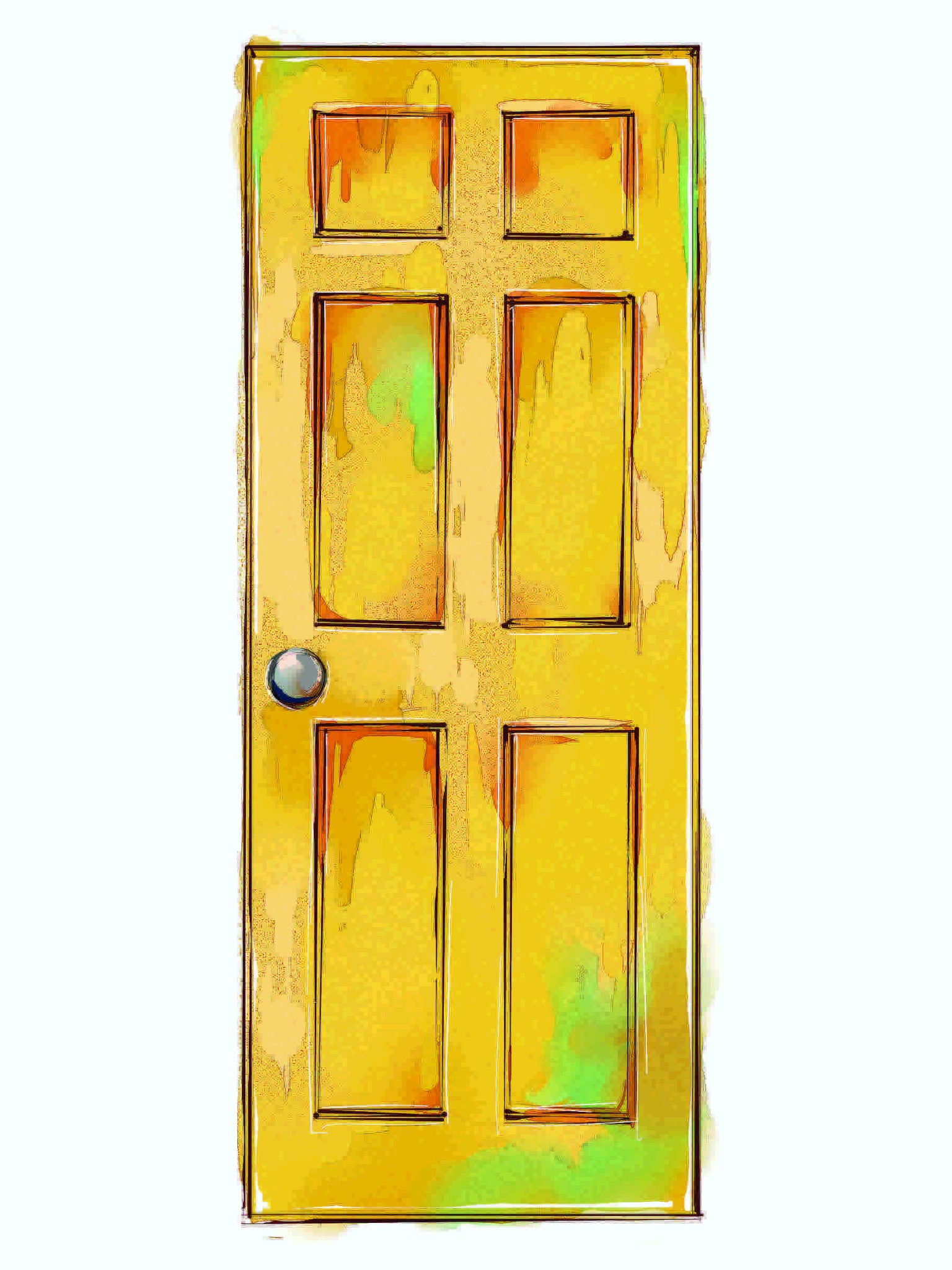In a city as diverse and fast-paced as Montreal, isolation is something that many people experience, and is especially prevalent among youth. The Yellow Door, a non-profit organization, realizes it is not as easy to make connections in Montreal as one may think, and seeks to create a space focused on building relationships and breaking down isolation.
“There are a lack of contexts in which we have to interact with one another and build real relationships,” Matthew Bouchard, executive director of the Yellow Door, said.
Located in the Milton-Parc community at 3625 Rue Aylmer, the organization looks to bring young people together within its walls through weekly events. It also fosters the participation of youth in the community by empowering them to create and engage in projects that promote social inclusion and holistic well-being.
The Yellow Door has grown and evolved since its beginning in the early 1900s. Its founder, Baron Strathcona, noticed what he perceived to be a lack in the promotion of Christian values in the Montreal community. In response, he started an organization whose aims were to promote these principles, and consequently founded the Yellow Door. Since then, the Yellow Door has moved away from its original mission through a constant adaptation to society’s ever-changing needs. It was after the Quiet Revolution and the Vietnam War that the Yellow Door became secular, and turned its emphasis towards services that targeted inclusivity and community building.
In the past, according to Bouchard, the number of events and projects was small, and the organization was nearly shut down due to lack of participation. The only program that was having any success was the Generations project—a service that battled inter-generational isolation by partnering up a young volunteer with an elderly person in the community. Recently, however, the Yellow Door has undergone a resurgence in its programming and involvement in the Montreal community.
After assembling a new team of driven individuals, Bouchard described how they attempted to revive the organization and reinstill its importance in the Montreal community.
“We sat down and said, what was it that made the Yellow Door so successful in the ‘60s and ‘70s? There were so many avenues to get in," Bouchard said.
Many of the programs that are in place now were born from a community member coming in with an issue they saw, with an idea of how to address it—something that has been a practice since the Yellow Door’s formation. For example, between 1970 and 1972, volunteers noticed how the counterculture drug scene within Montreal was affecting the community. In response, they set up a drop-in psychiatric clinic that counselled young addicts. The Coffee House—which still runs today and features open mic and comedy nights—began in this era as a place for people to connect over music, poetry, and philosophy, as well as other art forms.
“The Yellow Door is a launchpad,” said Bouchard. “[It’s] a place where people can come, exchange ideas, find a social issue that motivates them, and do something about it […] the young adults and the members of the organization that determine our opinion.”
The Yellow Door’s mandate—to constantly evolve based on the needs of the people involved and the community it serves without aligning itself with a particular political ideology—is what makes the organization unique. In an effort to open up the organization to more people with a wider variety of interests, Yellow Door kickstarted a multitude of new projects and workshops. Recent projects include the Rabbit Hole Café, which serves vegan lunch every Friday and a food bank for students, and BranchOut, which offers workshops focused on social inclusion, and provides support for volunteers who want to start their own projects in the community.
“We now have activities like meditation, a tea ceremony, poetry readings, and a songwriter workshop,” explained Bouchard.
Bouchard also attributed the resurgence in Yellow Door’s participation to an increase in their online and social media presence. The website is more user friendly, and a community events calendar is in the works. This helps community members easily find where and when events are held, and ultimately make the Yellow Door more accessible. Information about events and getting involved can be found on Twitter and Facebook.
“Looking forward, the Yellow Door is hoping to grow organically,” said Bouchard.
New ideas and increase in participation hope to grow in tandem, resulting in the development of the organization as a force of positive social change within Montreal.









